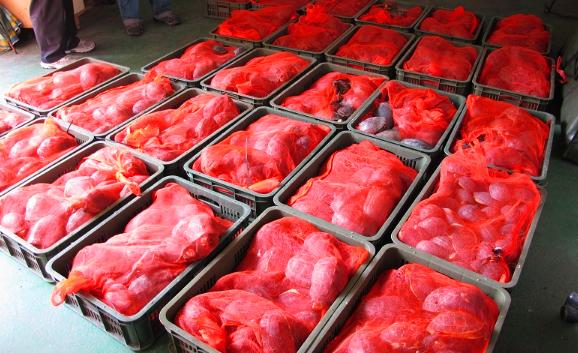Singapore police received an anonymous whistleblowing call that a large number of criminals were engaged in illegal smuggling activities in the suburbs. After receiving the report, the police attached great importance to this, so they quickly sent staff to the suburban scene. When the police arrived at their destination, they found a room full of black boxes on the floor and suspicious red bags.

Police officers found that the red bags seemed to be filled with animals, and when they approached, they found that the animals inside were turtles. Among these dozens of boxes of smuggled turtles, some are large, some are small, and many turtles are estimated to be cubs.
Ordinary turtles are not valuable and generally have no meaning of smuggling. The staff speculated that this group of turtles was likely to be some special breed, but the criminals caught on the spot refused to cooperate with the police investigation. In desperation, the police had to notify the relevant biological experts in the city to rush to the scene.
Experts arrived at the scene to identify and determined that these turtles are mainly "snake-eating turtles" and some "chai coffin turtles". At the same time, experts also found that due to the poor transportation methods of smugglers, many of these snake-eating turtles were already in danger, so they were quickly sent to relevant sites for rescue.
Snake-eating turtles are mainly distributed in southern China, Japan and other regions, and are widely distributed. In recent decades, due to the expansion of agricultural land, the number of snake-eating turtles has shown a clear downward trend, and has been listed as an endangered species in many countries, of which Japan has listed them as a highly endangered species. Singapore police say the smugglers will face 3-5 years in prison.